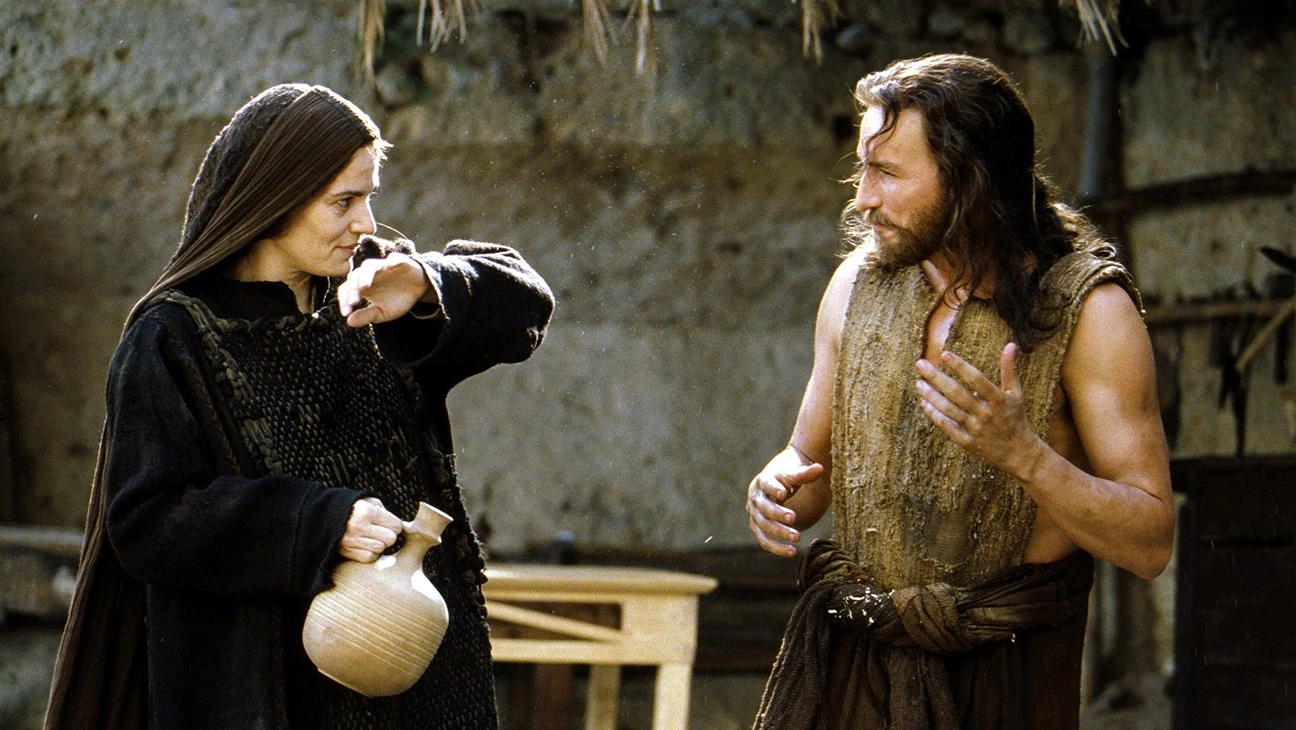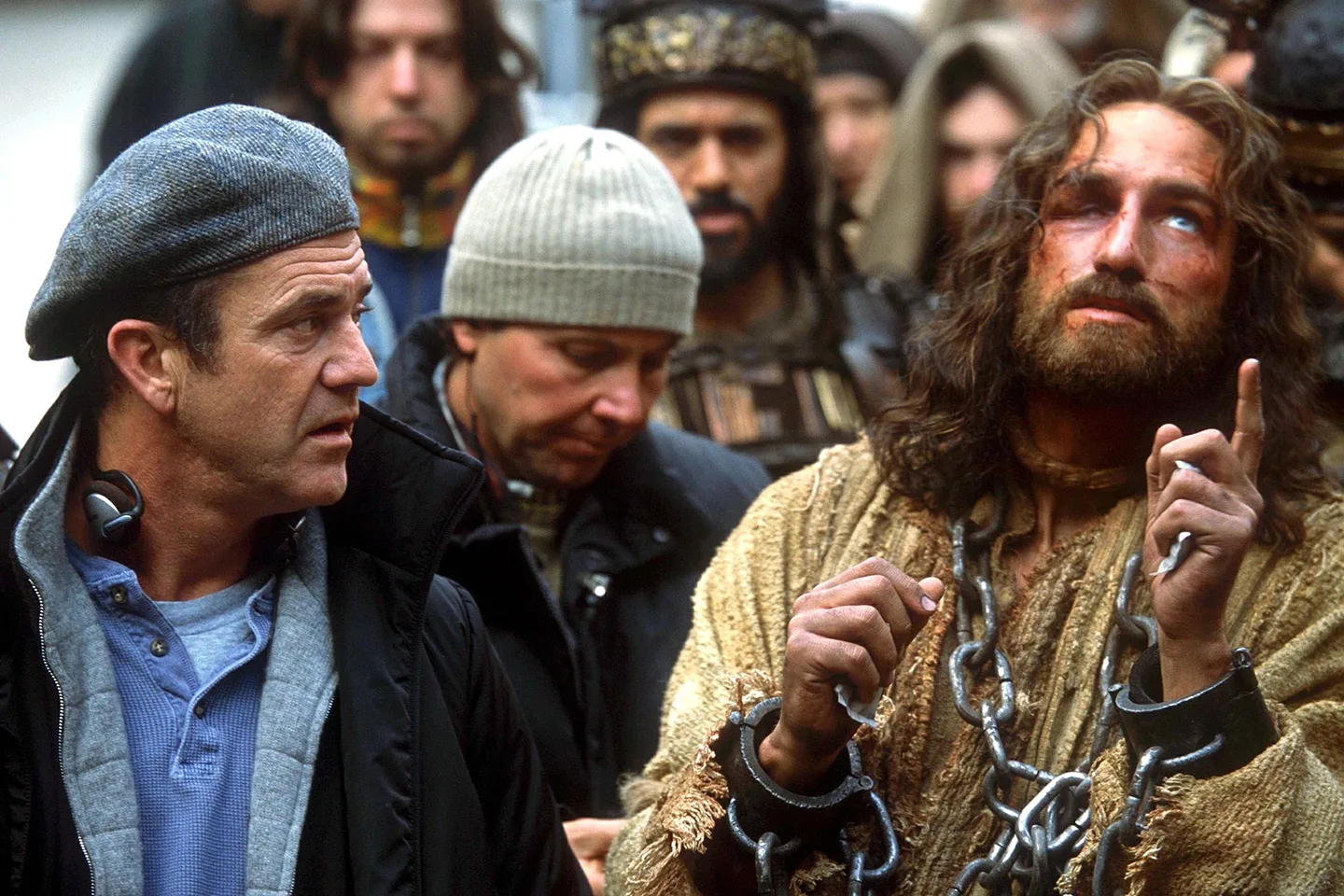There are very few movies that can change people’s lives in deep ways, going well beyond the realm of mere pleasure. The crucifixion of Jesus Christ, as shown in Mel Gibson’s The Passion of the Christ, is a cinematic masterpiece. Nobody foresaw that this divisive and aesthetically arresting work would play an unexpected part in solving a real-life murder investigation by leading to the dramatic confession of a repentant perpetrator.
Mel Gibson’s The Passion of Christ Solves A Tragic Mystery
The killing of a young teenager, Ashley Nicole Wilson, sent shockwaves across the peaceful suburbs of Fort Bend County, Texas. After discovering what they believed to be a suicide note, local authorities wasted little time concluding that the unfortunate event resulted from suicide.

For months, however, before the release of The Passion of the Christ, the facts of this tragic death remained hidden. That is until Ashley Wilson’s boyfriend, Dan Leach, went to the movies to take in Mel Gibson’s masterpiece, The Passion of the Christ.
Suggested Article: Not John Travolta and Nicolas Cage, Face/Off Originally Planned to Cast 2 Action Gods With Legendary Rivalry
The account of Jesus Christ’s crucifixion, which includes themes of sacrifice, redemption, and forgiveness, captivated him for two hours. The graphic depiction profoundly affected him, which led to a sea change in his moral compass.
Leach, tortured by his shame and the weight of his dark secrets, felt an overwhelming need to confess his role in Ashley Wilson’s sad death. The startling change occurred when he surrendered to authorities in Fort Bend County and admitted to staging the suicide murder of his pregnant girlfriend.

Nobody knew that the movie would set in motion a chain of circumstances that would ultimately lead to justice for the child gone from this world much too young. Leach’s unexpected admission shocked Fort Bend Sheriff’s Office Detective Mike Kubricht. He hoped to be forgiven.
“He wanted redemption. The Passion of the Christ moved him spiritually and he felt compelled to come forward with this.”
Leach’s mind had been profoundly affected by the power of cinematic narrative, which had broken through his defenses of denial and remorselessness. Before turning himself into the police, Leach made a cryptic speech to the Avenue N Church of Christ congregation in Rosenberg, Texas.
The Controversial Film’s Unintended Impact
Later that day, Leach worked up the nerve to tell his loved ones about the terrible act he had done. Now that his conscience had been roused, he sought comfort in the company of the pastor and the three elders of the church. They went with him to the police station so he could finally tell someone about the secret plaguing him.
Investigators were perplexed by Ashley Wilson’s murder due to its precise preparation and execution. Leach’s lack of a DNA fingerprint at the crime site indicated the extent to which he had gone to avoid capture.

Leech had planned the crime with such forensic accuracy that everyone would assume it was a suicide, even the medical examiner. The unflinching portrayal of murder and cruelty in Mel Gibson’s The Passion of the Christ had already gained the film widespread notice.
However, the film’s unanticipated impact on a real-life murder investigation fueled the fire. While the film’s aesthetic aspects were lauded, Mel Gibson was criticized for allegedly encouraging antisemitism. However, the fact that the picture had such a deep effect on Leach’s morality demonstrates the power that cinema has over the human spirit.
Source: The Scotsman

